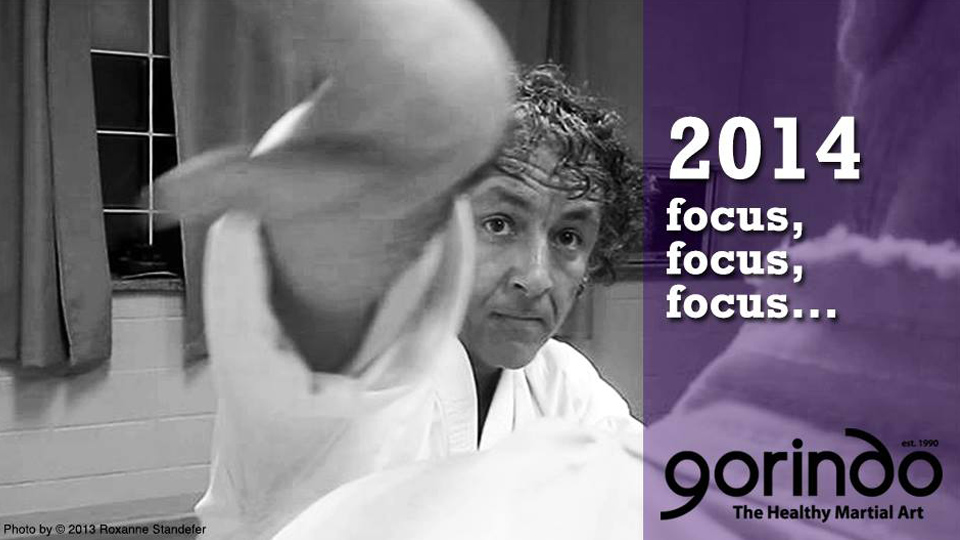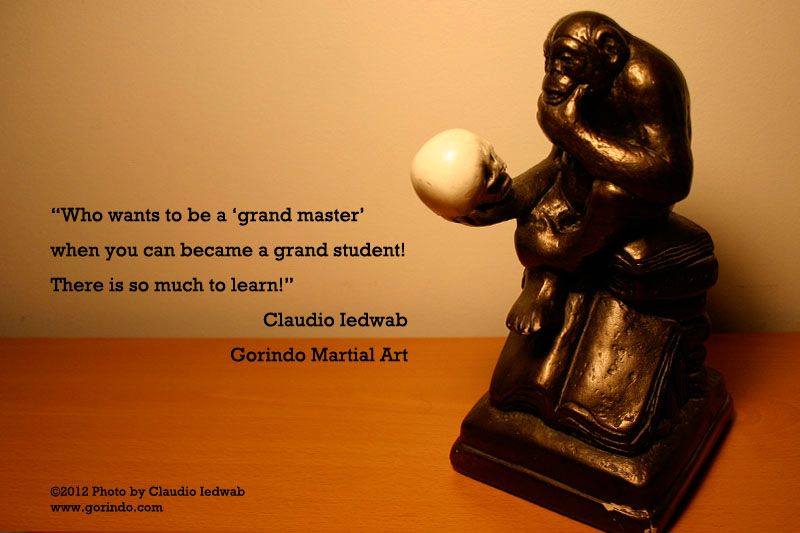Seniority and respect
I am a 7th kyu in shito ryu karate do and my little sister is a senior brown belt in taekwondo, should I show her extra respect because of this? - Cory
You should show her respect, not just because of her situation as a more experienced martial artist, (even though she is studying another tradition than you), but because of your progress in your own discipline. However, it is not enough to show respect to her, instead you should in general exercise it with everyone you can, including yourself, in and outside the martial arts environment. We all understand that respect is earned but we should be prepared to give the benefit of the doubt in advance.
Keep in mind that your training should emphasize the generation of your own positive initiatives, good judgement and care for others. The more advanced you become the more you might want to express such respect, without worry if the other person is a beginning white belt or a grand master as a point of reference for quality or seriousness. Overall, as a martial artist, respect is something that you can train all day and give without get tired at all. Keep your good training and take care of your sister with great love.






